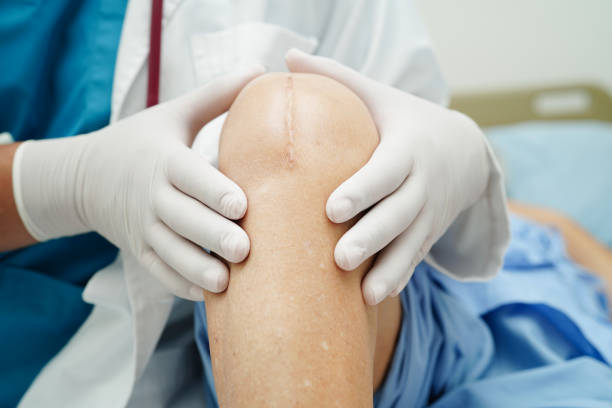
Entering a hospital for surgery is often accompanied by trust and hope for improvement. However, surgical errors can occur, leading to physical and emotional challenges for the patient. Navigating the aftermath of surgical errors requires awareness, understanding, and a proactive approach.
The following article will guide you in understanding surgical errors. This will be done by covering key aspects such as recognizing signs, seeking support, and taking legal action if necessary.
Medical Malpractice
In cases of surgical errors, survivors may consider legal options to seek compensation for damages. Medical malpractice occurs when a healthcare professional’s negligence leads to harm or injury. Understanding the elements of medical malpractice, such as duty of care, breach of duty, causation, and damages, is crucial for pursuing a legal claim.
Finding the Right Legal Representation
Selecting the right Miami medical malpractice lawyer after surgical errors is critical in pursuing justice for medical malpractice. Begin with meticulous research, focusing on attorneys specializing in medical malpractice cases. Evaluate their background, qualifications, and specific experience in handling cases similar to yours. A seasoned attorney familiar with the intricacies of medical malpractice law is paramount.
Examine the attorney’s track record to gauge their success in securing favorable outcomes for clients. A consistent pattern of success in past cases indicates an attorney’s proficiency in advocating for those affected by surgical errors. Client testimonials offer valuable insights into the attorney’s real-world impact.
Scheduled consultations with potential attorneys provide a firsthand understanding of their approach and strategy. This interaction lets you assess their commitment, interpersonal skills, and whether they fit you well.
Recognizing Signs of Surgical Errors
Surgical errors encompass a range of mistakes that occur during surgical procedures. This includes wrong-site surgery, instruments left behind, or anesthesia errors. Recognizing the signs of surgical errors is crucial for survivors. Symptoms may include persistent pain, infections, unexpected complications, or the need for additional surgeries.
Seeking Prompt Medical Attention
If you suspect you’ve experienced a surgical error, seeking prompt medical attention is vital. Communicate openly with your healthcare provider about your symptoms and concerns. Timely intervention can address complications and contribute to a smoother recovery.
Coping with Physical and Emotional Challenges
The road to recovery from surgical errors involves addressing physical hurdles and navigating the emotional challenges of such an experience. Below are some strategies for coping with the emotional impact of surgical errors.
You will also be able to learn how to recognize the significance of addressing both visible and unseen scars left in the aftermath of such events.
Physical Recovery Strategies
Recovering from surgical errors often involves physical rehabilitation and additional medical interventions. Follow your healthcare provider’s recommendations for post-operative care, attend follow-up appointments, and engage in rehabilitation exercises if prescribed. Physical recovery is a step-by-step process, and patience is vital.
Addressing Emotional Well-being
The emotional toll of a surgical error can be significant. It’s essential to address your emotional well-being. Seek support from friends, family, or a mental health professional. Joining support groups with individuals who have experienced similar challenges can provide a sense of community and understanding.
Navigating the Healthcare System for Support
The following talks about how open communication with healthcare providers and seeking second opinions can assist individuals to participate in their ongoing care. Effectively understanding and utilizing the healthcare system is crucial to recovery, ensuring survivors receive the comprehensive support they need.
Open Communication with Healthcare Providers
Maintaining open communication with your healthcare providers is essential during the recovery process. Discuss your concerns, ask questions, and actively participate in decisions about your ongoing care. A collaborative approach enhances your ability to navigate the healthcare system effectively.
Seeking Second Opinions
If you have reservations about your current treatment plan or diagnosis, seeking a second opinion is a reasonable step. Another healthcare professional may offer fresh insights and alternative approaches to your recovery. Don’t hesitate to explore different perspectives.
Get Back On Your Feet After Being Victim Of Surgical Errors
Recovering from surgical errors and medical malpractice is a challenging journey that requires resilience, support, and informed decision-making. Recognizing signs, seeking prompt medical attention, and addressing physical and emotional challenges are essential to recovery. Just know you are not alone, and your voice matters in your journey toward recovery.



